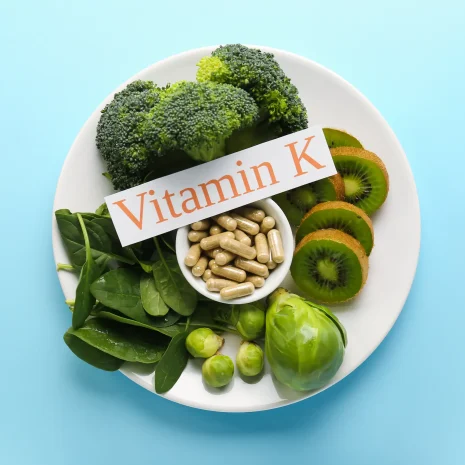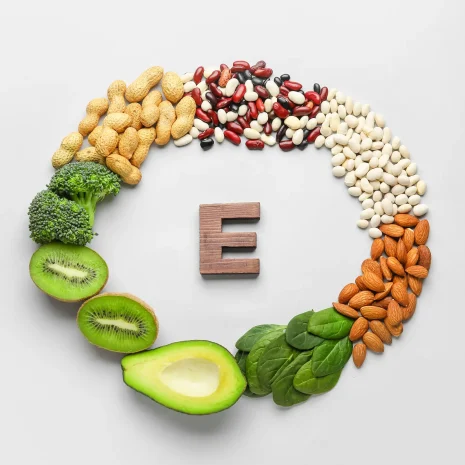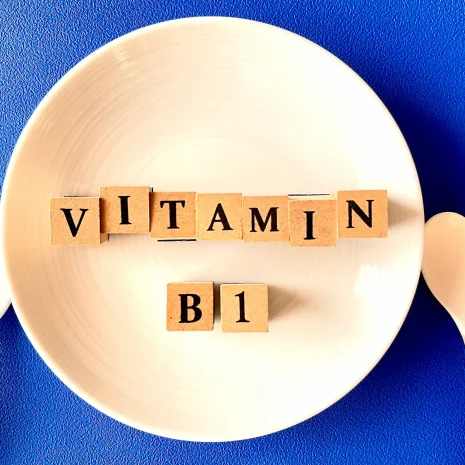Essential Vitamins and Their Dietary Sources: A Comprehensive Guide
Vitamins are organic compounds that are vital to human health. They support the healthy functioning of metabolism and help the body perform its necessary functions effectively. Adequate intake of vitamins is crucial not only for maintaining health but also for the prevention and treatment of various diseases. Understanding which foods contain specific vitamins can empower individuals to create a healthier diet and optimise their overall well-being.
Why do we need vitamins and minerals?
Before exploring specific food sources, it’s essential to discuss the general benefits of vitamins:
- Energy Production: Vitamins facilitate various biochemical reactions that convert food into energy.
- Disease Resistance: They enhance the immune system’s ability to fend off infections and diseases.
- Cell Protection: Vitamins protect the body from oxidative stress and damage to structures such as cell membranes and DNA.
- Digestive Health: Certain vitamins aid in digestion and enhance the absorption of nutrients in the gastrointestinal tract.
- Bone and Joint Health: Vitamins play a significant role in maintaining bone density and joint function, crucial for physical mobility, especially as we age.
- Muscle Function: They assist in muscle contractions and can help alleviate cramping.
Can you get all your vitamins from food?
By incorporating a variety of vitamin-rich foods into your diet, you can enjoy these numerous health benefits.
| Vitamin | Type | Key Functions | Main Food Sources |
| Vitamin A | Fat-soluble | Supports vision, immune function, and skin health | Carrots, sweet potatoes, spinach, liver, dairy |
| Vitamin B1 | Water-soluble | Essential for energy metabolism | Whole grains, pork, legumes |
| Vitamin B2 | Water-soluble | Important for energy production and skin health | Eggs, dairy products, green leafy vegetables |
| Vitamin B3 | Water-soluble | Supports metabolism and DNA repair | Poultry, fish, whole grains, nuts |
| Vitamin B5 | Water-soluble | Vital for synthesizing coenzyme A, important in metabolism | Meat, eggs, avocados, broccoli |
| Vitamin B6 | Water-soluble | Involved in protein metabolism and neurotransmitter synthesis | Chicken, fish, potatoes, bananas |
| Vitamin B7 | Water-soluble (Biotin) | Supports hair, skin, and nail health | Eggs, almonds, spinach, sweet potatoes |
| Vitamin B9 | Water-soluble (Folate) | Crucial for DNA synthesis and cell division | Dark leafy greens, legumes, fortified cereals |
| Vitamin B12 | Water-soluble (Cobalamin) | Important for red blood cell formation and nerve function | Meat, fish, dairy products, fortified foods |
| Vitamin C | Water-soluble | Antioxidant, supports collagen production and immune function | Citrus fruits, strawberries, bell peppers, broccoli |
| Vitamin D | Fat-soluble | Crucial for calcium absorption and bone health | Fatty fish, fortified dairy products, egg yolks |
| Vitamin E | Fat-soluble | Antioxidant, protects cells from oxidative stress | Nuts, seeds, vegetable oils, spinach |
| Vitamin K | Fat-soluble | Essential for blood clotting and bone health | Leafy greens, broccoli, Brussels sprouts |
Although it’s encouraged to get all of your required vitamins from your diet, certain factors can make that difficult. For example, if you have a restricted diet for moral, religious or medical reasons, you might find it difficult to consume enough of some vitamins. Or, you may have a medical condition that affects your body’s ability to absorb enough of these vital nutrients.
Whatever the case, vitamin supplements can help you to ensure the necessary levels of each vitamin are present in your body so you can feel the full benefits of a healthy, balanced intake.
Conclusion: Optimising Your Vitamin Intake
Understanding which foods contain specific vitamins can significantly enhance your dietary choices and overall health. A balanced diet rich in these vitamins offers a multitude of benefits, from boosting immune function to promoting healthy skin and strong bones.
Where necessary, multivitamins can be a useful tool to help provide nutrients not found in the diet, helping to encourage healthy functioning of the body. If you suspect a deficiency in any vitamin or mineral, speak to a healthcare professional for diagnosis and treatment options.








